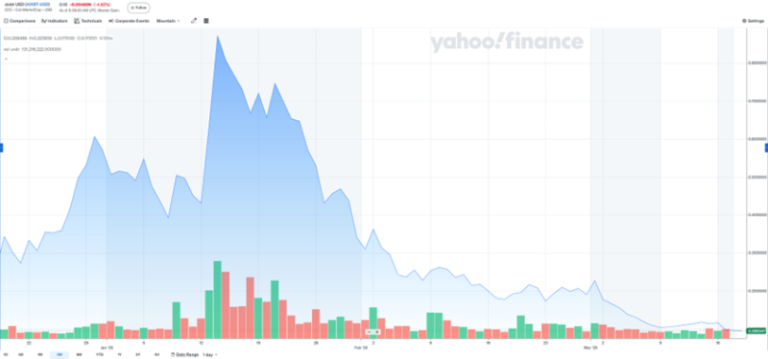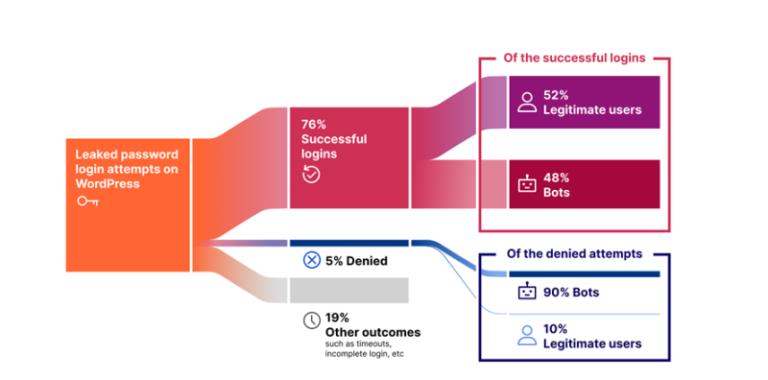
Japan is ushering in a new era in its fight against cyber threats, implementing stringent measures to fortify its digital frontiers. Following extensive deliberations and mounting pressure from its allies, the nation’s parliament has approved a landmark bill granting authorities not merely the ability to respond to cyberattacks, but to preemptively neutralize them before any damage is inflicted.
The so-called Active Cyber Defense Act fundamentally reshapes the landscape, transforming Japan from a passive victim of cyber incursions into an assertive player in the digital battleground. The first section of the legislation establishes a centralized oversight framework, incorporating a dedicated council and data collection committee. Moreover, it empowers the prime minister to demand critical intelligence from telecommunications companies in the event of an imminent threat.
However, the most revolutionary aspect lies in the second section: the military and law enforcement agencies are now authorized not only to safeguard governmental and strategic assets but also to take offensive action—identifying cyber adversaries and launching preemptive strikes against their infrastructure, even beyond national borders.
The law’s passage was precipitated by alarming intelligence from Japanese police. In January, reports emerged that the Chinese cyber-espionage group MirrorFace had been targeting Japan’s state secrets since 2019. In light of these revelations, lawmakers concluded that passive defense measures were no longer sufficient and that authorities must be granted the power to proactively thwart cyberattacks.
Discussions on these reforms date back to 2022, following harsh criticism from former U.S. Director of National Intelligence Dennis Blair, who lambasted Japan’s cybersecurity readiness, emphasizing that the nation lagged significantly behind its allies in North America and Europe. Consequently, the administration of then-Prime Minister Fumio Kishida devised a new national security strategy, pivoting toward active cyber defense as a cornerstone policy.
Under this revised doctrine, Japan will not merely react to cyber threats but will actively trace the origins of attacks and, if necessary, eliminate them before they escalate into full-blown crises. One of the most significant innovations is the establishment of “Cyber Threat Prevention Officers,” empowered to swiftly disrupt malicious cyber activities—including shutting down adversary servers when deemed necessary.
Despite the contentious nature of these measures, experts argue that they reflect the evolving cyber threat landscape. Cyberattacks on supply chains, espionage operations, and attempts to undermine critical infrastructure are growing ever more sophisticated. Analysts suggest that Japan has finally acknowledged cyber threats not just as theoretical dangers but as tangible instruments of international coercion.
Critics, however, warn that the new policy could pave the way for heightened government oversight of the digital sphere. Authorities, in response, assure that all measures will be tightly regulated within strict legal boundaries to prevent overreach. Regardless, Japan has now officially embarked on a path toward a more proactive cyber defense strategy, the consequences of which will become apparent in the years ahead.


